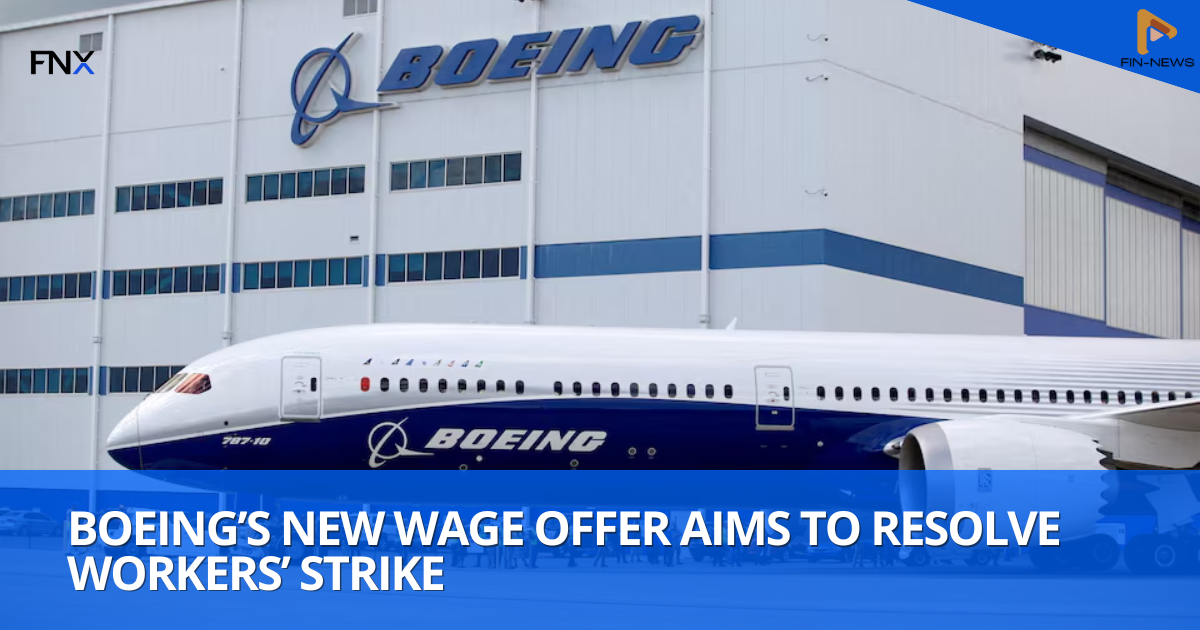
Boeing has introduced a new wage proposal aimed at ending an ongoing workers' strike that has disrupted production lines and pressured the aerospace company to address worker concerns. The latest offer includes revised compensation and improved benefits to meet the demands of the striking union members. This proposal comes after initial negotiations failed, causing significant delays in Boeing’s production schedule and impacting its ability to fulfill current orders.
Boeing’s Wage Proposal and Strike Background
The strike, organized by the union representing Boeing’s workforce, began as employees demanded better wages and benefits. Boeing’s new offer reflects increased wage increments, improved health benefits, and additional allowances to support worker demands. The union, however, remains in discussions with the company, evaluating whether the revised offer sufficiently meets its members' expectations. Boeing has stated its commitment to achieving a fair agreement that enables both enhanced worker satisfaction and continuity in production.
Production Disruptions and Financial Impact
Boeing’s production line has faced significant delays due to the strike, affecting both the company’s revenue projections and its ability to meet delivery commitments to clients. The disruption impacts Boeing’s aerospace and defense clients, with some orders postponed indefinitely until production can resume at full capacity. Financial analysts note that prolonged strikes could lead to substantial revenue losses and impact Boeing's market position, especially as it competes with global aerospace manufacturers. Boeing’s share price, however, rose in response to the news of the latest offer, suggesting investor confidence in a timely resolution.
Industry Implications and Future Outlook
Boeing's handling of the strike is being closely monitored across the aerospace industry as it reflects broader trends around labor relations and wage negotiations. The aerospace sector has faced labor shortages and increased demand, pressuring companies to address wage and benefit structures proactively. Boeing’s revised wage offer could set a precedent for future labor negotiations, emphasizing the importance of balancing fair employee compensation with maintaining production timelines.
Boeing’s ability to swiftly negotiate an end to the strike will be crucial in stabilizing its operations and rebuilding relationships with its clients. Both the union and Boeing have expressed optimism about reaching a resolution soon, which would not only bring production back on track but also support Boeing's market stability in the highly competitive aerospace industry.

Leave a comment
Your email address will not be published. Required fields are marked *